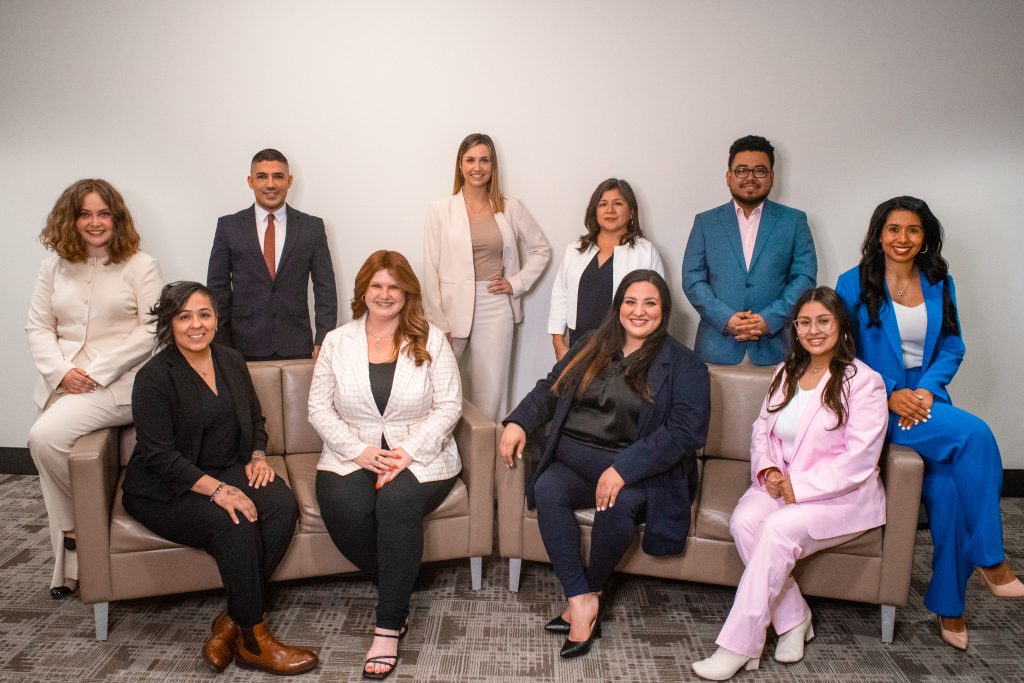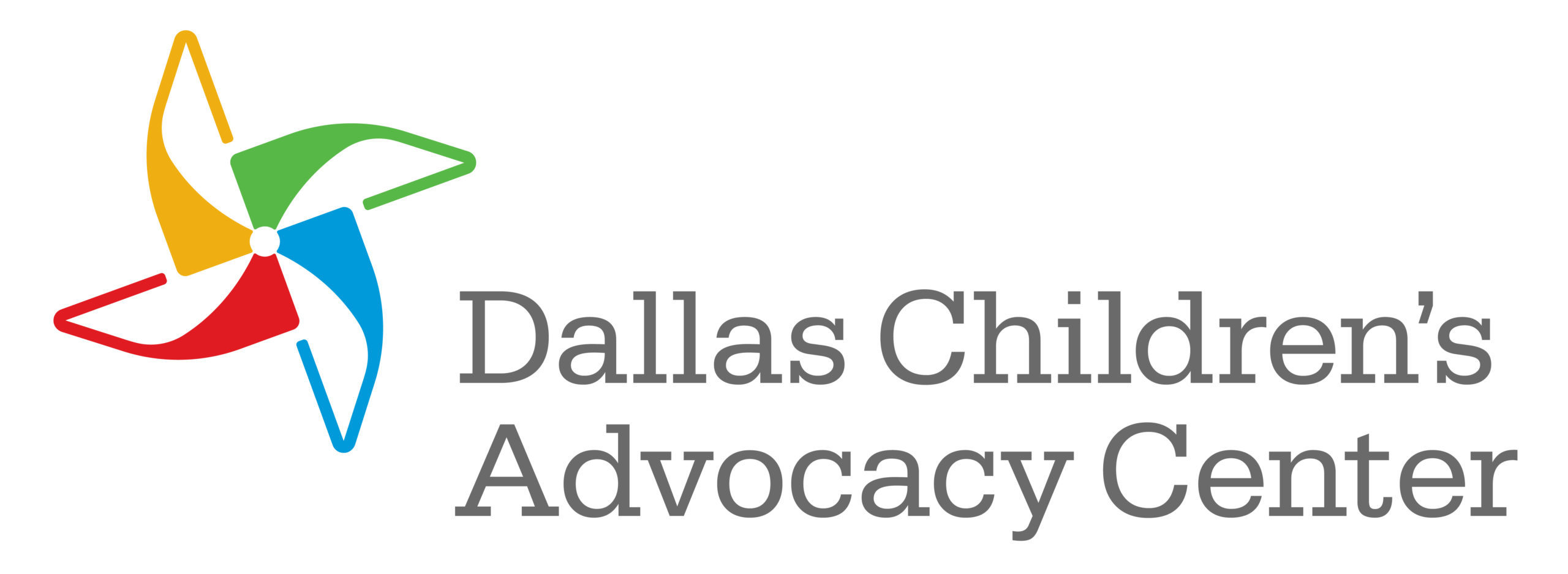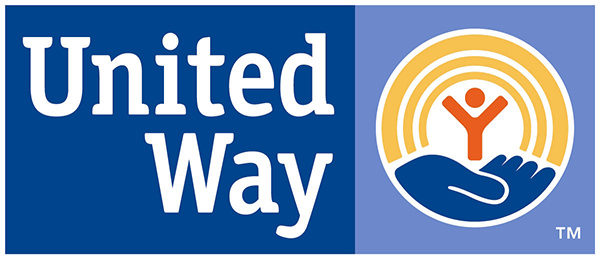Submitted by Catie Daniels, DCAC Forensic Interviewer
As a forensic interviewer, I’m often asked: what does my role truly entail? A forensic interview (FI) is a neutral, child-friendly process designed to gather crucial information at the start of a criminal investigation. Its primary purpose is to give child victims a safe space to share their story without having to relive their trauma repeatedly.
At the Dallas Children’s Advocacy Center, teamwork is everything. The multi-disciplinary team (MDT) works seamlessly to ensure the needs of both the child and the case are met with care and expertise. When people say, “teamwork makes the dream work,” it couldn’t be more true for the MDT protecting our most vulnerable population—children impacted by trauma and abuse. Forensic interviews protect the integrity of a child’s statement and serve as a vital connection point among MDT partners, each bringing a unique and essential role to the process.

The Dallas Children’s Advocacy Center (DCAC) Forensic Interview Team, Spring 2025.
So, who makes up this team that initiates a child abuse investigation? Law enforcement and Child Protective Services (CPS) are key players—law enforcement focuses on investigating criminal offenses, while CPS ensures the child’s safety. Alongside them are medical providers, family advocates, therapists, and the dedicated child advocacy center staff. Together, this MDT sets the gold standard for child abuse response, emphasizing justice, healing, and hope for every child and family served.
Before a forensic interview takes place, the MDT collaborates to determine the best course of action. This preparation helps the forensic interviewer tailor questions and approach to each child’s unique situation. The details gathered during the FI strengthen the case and support each partner in different ways.
For family advocates, the interview guides conversations with caregivers to provide comprehensive wraparound support. Clinical therapists take on the critical role of healing for the child and their non-offending family members.
Medical professionals rely on the FI to decide if a sexual assault exam is necessary—both to collect evidence and to help the child understand and regain a sense of safety with their body. In cases of physical abuse, medical experts assess injuries and determine their cause. Furthermore, information from the FI can be pivotal if a case proceeds to trial. Forensic interviewers may testify as expert and outcry witnesses, educating juries about child abuse dynamics and providing detailed insights from the interview.
Ultimately, forensic interviews are an essential piece of the puzzle. Their strength doesn’t just lie in the questions asked—it lies in the dedicated team standing behind them, working together to protect, support, and heal children.
Thank you for recognizing the vital role forensic interviewers play during Forensic Interviewer Appreciation Week. Together, we continue to build a safer, more compassionate future for children in Dallas and beyond.







Leave a Reply